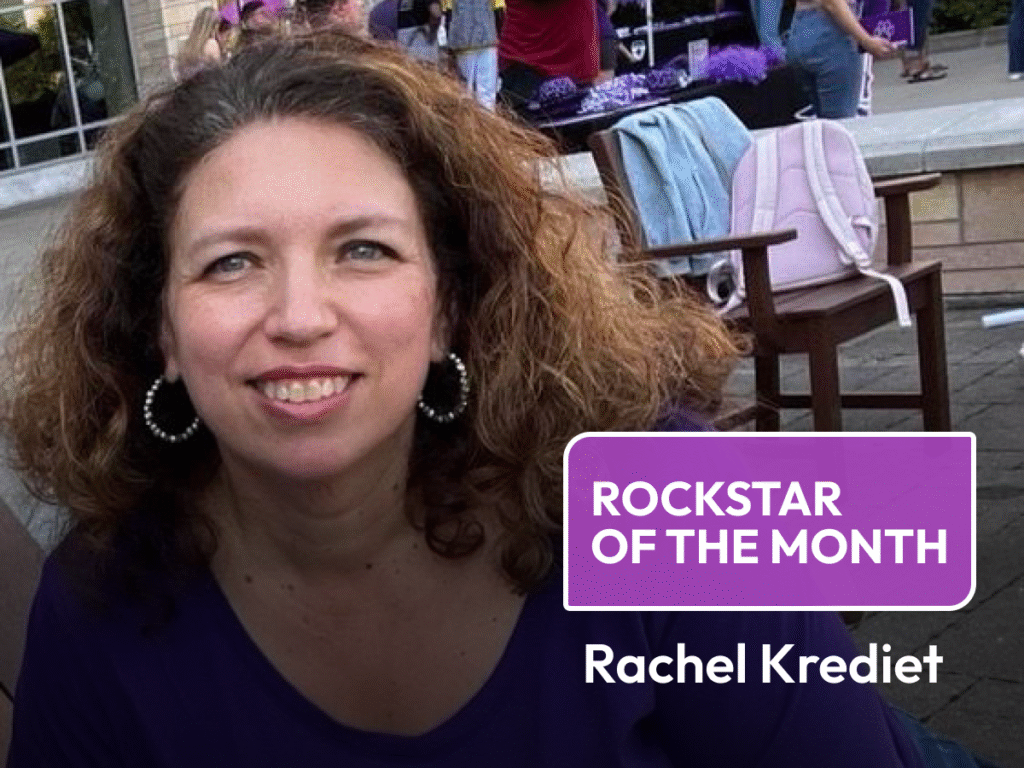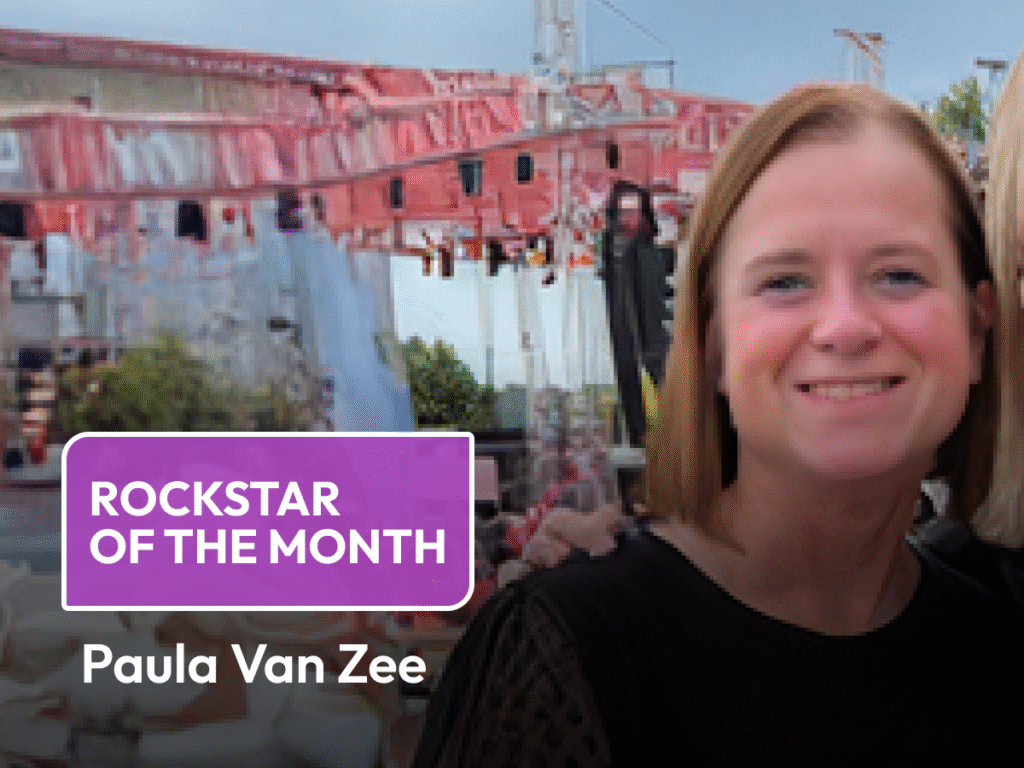Weight stigma and weight bias are issues that affect many people deeply, often going unrecognized. These two forces can have a profound impact on emotional well-being and even physical health. Whether someone has experienced them personally or seen their effects on others, it’s crucial to understand how weight stigma and bias operate, the negative health outcomes they create, and, most importantly, what can be done as individuals and a community to challenge them.
Weight stigma can be defined as the negative stereotypes, attitudes, and treatment that people with higher weight frequently encounter. It shows up everywhere—from society at large and media portrayals to healthcare settings. The effects are extensive. Research shows that experiencing weight stigma can increase the risk of developing anxiety, depression, poor body image, and low self-esteem. It can even lead to disordered eating patterns. At Enara, we understand how these struggles interlace and are committed to addressing them as part of your health journey.
Physically, the impact of stigma is equally harsh. When stigma causes stress, it can lead to higher cortisol levels, a hormone that not only affects our cardiovascular health but can also contribute to weight gain or hinder weight loss. This is where the vicious cycle emerges: stigma drives stress, stress impacts weight, and, unfortunately, this can perpetuate negative health outcomes. Recognizing this cycle empowers us to intervene—not just by managing weight but by creating an environment free from judgment.
So, what can we do to address weight bias? One step is challenging our self-talk. When you find yourself being critical about your body, take a moment to reframe those thoughts. Shift your attention to what your body enables you to do and the resilience it has shown. At Enara, we encourage every member to honor their journey and celebrate what their body accomplishes each day, recognizing that health is far more than a number on the scale.
It’s also vital to notice and address bias when you see it. If you’re comfortable, gently speak up when you hear negative comments about someone’s body. Educating others on the harm that stigma causes can gradually shift perspectives. Additionally, curating your media consumption to focus on uplifting content can make a significant difference. Choose sources that empower you, rather than those that perpetuate harmful stereotypes.
Lastly, find support and surround yourself with those who motivate and accept you. A network of friends and family that offers positivity and understanding can act as a buffer against external stigma. And remember, small, meaningful steps are powerful—whether it’s moving in ways you enjoy or eating to nourish rather than restrict. Behavioral change is most sustainable when rooted in kindness toward yourself. At Enara, we’re here with you every step of the way, working together to create a world free from stigma and full of support.



